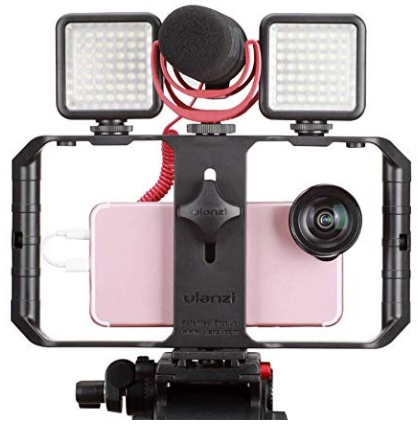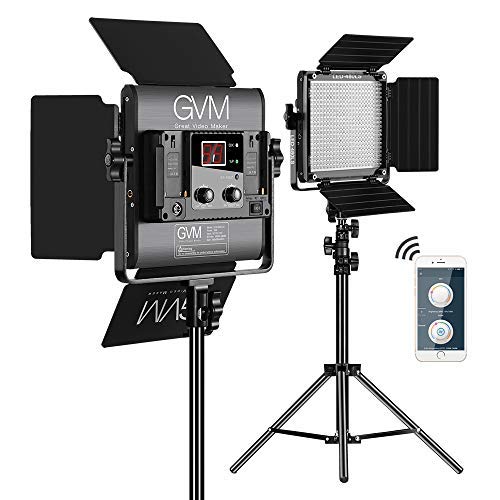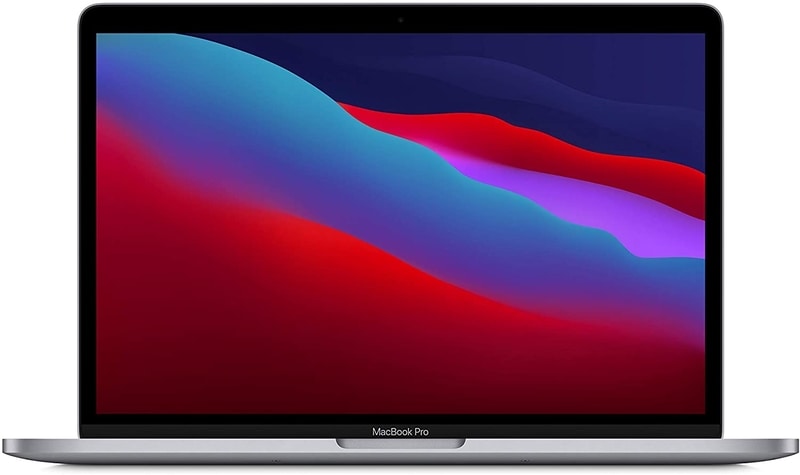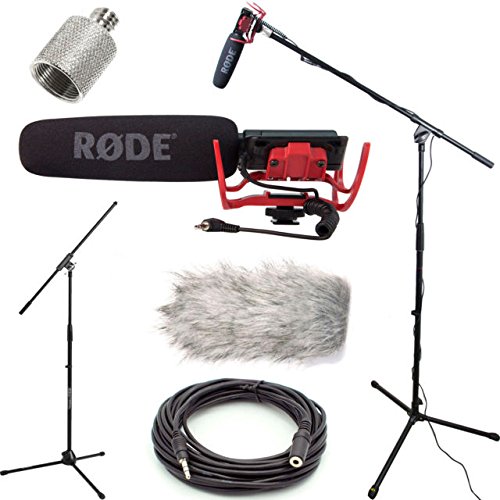Interview with Filmmaker
Kenton Hoppas
Kenton Hoppas is a San Diego based filmmaker and the director of the documentary Career Courier. Below is my interview with him Summer 2011.
Interview with Kenton Hoppas
Question: First of all, let me congratulate you on a very dynamic cool trailer for your movie. When did you first come up with the idea for your documentary?
Answer: I first came up with the idea to film a documentary on bicycle messengers in 2005. I had been a bike messenger for 5 years in San Diego and met a lot of messengers from all over the world. I thought that the San Diego scene and a few of my messenger friends didn't really fall into the stereotype. So I wanted to capture what it has meant to me to be a messenger from my POV. It was at this time I had just been given a small digital camera from a homeless man. I started making small movies for practice, so that one day when I had the time and better equipment I would be ready to tell my story.
Question: A homeless man gave you a camera?
Answer: In the fall of 2005 my mother in law gave my wife and I a small digital camera. It shot 20 seconds of video with no audio. Up until that point I had been getting into taking still pictures with those disposable cameras you buy in the check out line at the drug store. So I was pretty excited with a camera that did video. I started making and editing very short "silent movies". Then I was just riding my bike with a friend one day when I saw a homeless man pushing a shopping cart off an exit ramp of I-5. When he got to us we started talking. Mostly he wanted to talk about politics and to be honest I got a little lost in his train of thought. While he was talking I noticed he had a small camera in his breast pocket. I said, "Nice camera". He said, "take it, it's yours I have no use for it." When I got home I realized it could handle up to 3 minutes of video and had audio. I was super excited. I made dozens of little short youtube type movies with that thing. The video quality was awful and the audio had a nasty hiss the entire time but I didn't care. It was at that point a friend took notice of my filmmaking efforts and suggested I enter the local film festival in Encinitas. So I borrowed my dad's Sony Handycam and made a short on the benefits of riding your bike to work. After that film I knew I had to buy more professional equipment as the odds of another homeless man giving me a boom mic and and HD camera were pretty slim. But I still attribute my start to that camera the homeless man gave me. It really got me excited to make movies.
Question: What was the very FIRST thing you did when starting this latest documentary project? Was it to start shooting right away, fundraising, build a website, write a script?
Answer: The very first thing I did to start this project was sit down and listen to my wife. I had been making short films for about three years. In February of 2010 I had shot an 8 minute film on 8mm stock and entered it at Cannes. (I didn't get in). The film was not a good film. But what was amazing was the process. I had no equipment, never used an actor and hadn't done much of anything but "wing it". On January 1st, I looked up the biggest festival with the closest deadline and found out it was Cannes. So I bought a 8mm Bolex film camera on Ebay, ran an ad on Craigslist for actors, wrote an 8 page screen play, borrowed lights, found two locations to shoot and made a film. I directed, edited, did craft services, and paid for the entire thing. I learned more in four days than I've learned in four years. So after that, I was gun ho to film a feature film. Which brings us back to me on the couch talking to my wife about my first feature film. She made it easy, she said, "Shoot a documentary about bicycle messengers. You've been one for ten years, and if you don't do it now, you may never be in a position to really capture what it's all about." So the first thing I did was realize I needed some help with funding and put up a Kickstarter project. But really no matter who you are or what the project, the first you have to do is commit to your project. Make the decision and don't turn back, or worse yet hit the pause button. Decide, and just do the first thing that you can do. Maybe all you can do is think about it and take notes on your thoughts, but do something everyday!
Question: Who built your website and what platform is it built on? Also, any advice for building a documentary website?
Answer: The website is a Wordpress site. I have a background in graphic design, so I would prefer a flashy site, but WP allows a lot of tools that really help build a site easy and you don't have to know Flash or Dreamweaver. Building good websites is tough. Leave it to the pro's. Us simple folk can stick to Wordpress.
Question: Is this your first documentary project or have you produced other videos/documentaries in the past?
Answer: This is my first feature length documentary project. But to get my feet wet I shot three short documentaries. I've posted a couple links below. I filmed these projects to learn more about my equipment and to learn how to even tell a story and attempt to find my style and POV.
First Doc. Trailer: Saving a mission with a mission
Second Doc. Trailer about babies not wearing diapers.
Question: What stage are you in right now with the documentary Career Courier? What's your biggest challenge?
Answer: I'm in the "pre-distribution, trying to get that dream deal from Warner Brothers or Focus Films!" stage right now. I am sending the film out to festivals. Maybe this is way off base, maybe my film blows, but I've selected 13 major festivals that are major festivals yet still cater to a documentary film. Toronto, Newport, SXSW, Sundance, etc. Like I said, maybe I'm way off base, but I've won small film festivals before. It makes you feel good, but doesn't do a lot for the films awareness. (And it costs just as much to travel to a small festival as it does to a major.) So I'm aiming for the fence.
Question: What advice would you give to the first-time documentary filmmaker?
Answer: Advice? Don't listen to me! Find someone who's done more than you and be their friend. You don't learn much from others who haven't accomplished anything more than you. Here is an example. Before I started I didn't even know how to turn on a camera or the terms white balance, or shutter speed. Nothing. I knew nothing. So, I just found a friend that knew a lot about professional camera's. He had never made a film but knew about camera's. So I had him teach me what he knew. I took notes then went out and made a short film. Step two. Find someone who had made a feature length film. Then I read books and picked the brains of every person I could find that had made a feature length film. Now that I've finished my film I'm just talking and listening to people who have put their film out their for sale. See what they did, see what I can learn. But at the end of the day you never stop learning. So I just keep searching out new, fresh information that helps motivate me. That's my two cents.
Question: If you don't mind sharing, what is your video production equipment list? And why did you choose those items?
Answer:
- Canon XH-A1
- Sony Wireless mics
- 1959 Bolex 8mm camera
- GoPro HD Hero
I called up B&H Photo and said, "I'm a first time filmmaker. I want to be professional. I have a credit card." They then walked me through some economical options that would fit my needs. But my advice is just pick up ANY camera you can get your hands on a shoot until the thing falls apart. You really get to know what you need when you use the equipment.
Question: I know you are working with Jason Brubaker over at FilmmakingStuff.com. What advice has he given you regarding a distribution plan? Is distribution something you're already thinking about or is it all about shooting the documentary right now?
Answer: The documentary is for the most part done. So it's all about finding the right avenue and game plan for distribution. Jason has played a vital role the past year. I was at a seminar and Jason was on a panel speaking about distribution. Jason's advice is this. Get people to follow your film project. Because it's not just this film you are trying to sell, it's the next one and the one after that. Making your first film is like getting your first job after college. No one wants to hire you because you don't have experience and you can't get experience if no one hires you. So Jason is very supportive and encouraging in helping me generate an online following for this project and future projects. Currently I write a daily blog where I post stills from the film and talk about the back story of every shot. It's a lot of fun. I only wish I had begun this process awhile back.
Question: What are your biggest creative challenges at the moment? I noticed you're using like a helmet cam which is very cool.
Answer: My biggest creative challenge will always be myself. Self confidence. I just go to bed at night knowing I've done my best and what I could that day, wake up the next day and do what I can. Action is the most powerful word in the world. I don't think anything ever goes like I plan. But I just pick up a camera and shoot, or open up Final Cut and edit, or draw story boards for the next project. I just never stop moving. I did have a helmet camera, but I don't think many shots were from the POV of the helmet. I tried holding the camera a lot and also taping it to my wife's broom stick. That turned out to be the best shots. And that is a great example of staying creative and the challenges it presents. For nearly a year I knew I wanted a shot from really low and really high while riding. But I just couldn't figure it out. Then one day I saw my wife's broom and put it in my bag, took it downtown and filmed all day with my GOPRO HERO attached to it. I didn't run any tests for this film. I just filmed. If it worked I kept doing it, if it didn't I tried something new.
Question: Are you a "one-man-band" on this project or do you have other people on your crew?
Answer: No man is an island. That said, I did direct, write, fundraise, edit, promote, pretty much everything on this film. But so many people have been both financially and emotionally supportive during the process. And you can't put a price on that kind of thing.
Question: Do you have a scheduled release date for Career Courier? Where will we be able to see the finished film? Anything else I didn't ask you that you'd like to share?
Answer: Like I said before, for 2011 I'm still holding onto the dream of a major studio "discovering" my unique POV and filmmaking. If that doesn't happen then I'm sure I'll be releasing the film by year's end. I'll be working with Jason on how that happens. Back to my previous point, he's done that sort of thing, and I haven't. I have a lot of confidence in him and it's just one more thing I don't need to concern myself with until we get to that bridge. Then we will cross it!
If anyone wants to follow the film they can do so by signing up for updates at the website and following the daily blog.
Kenton Hoppas is a San Diego based filmmaker and the director of the documentary Career Courier. Above is my interview with him from Summer 2011.
Other Articles You May Enjoy:
- Everything you need to know to make a documentary
- Interview with Documentary Filmmaker Gail Freedman
- Interview with Documentary Filmmaker Kate Schermerhorn
- Interview with Television and Video Producer Lisa Lubin
Ready To Make Your Dream Documentary?
Sign up for our exclusive 7-day crash course and learn step-by-step how to make a documentary from idea to completed movie!











